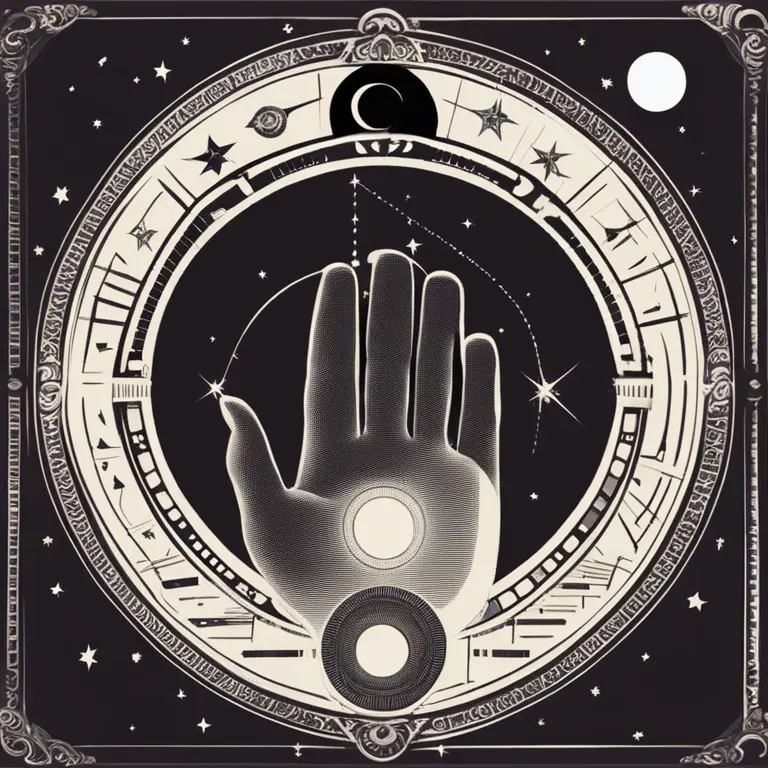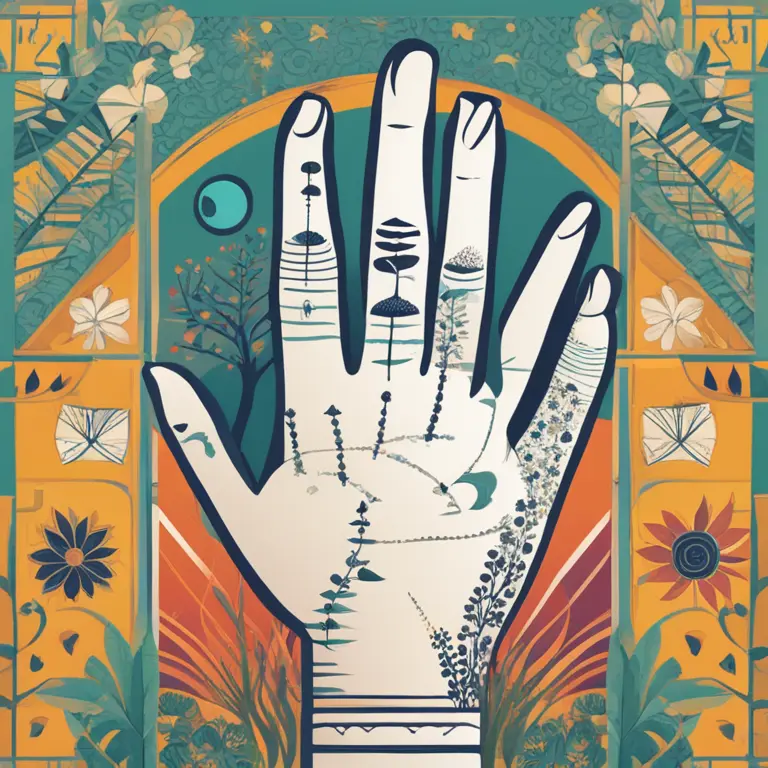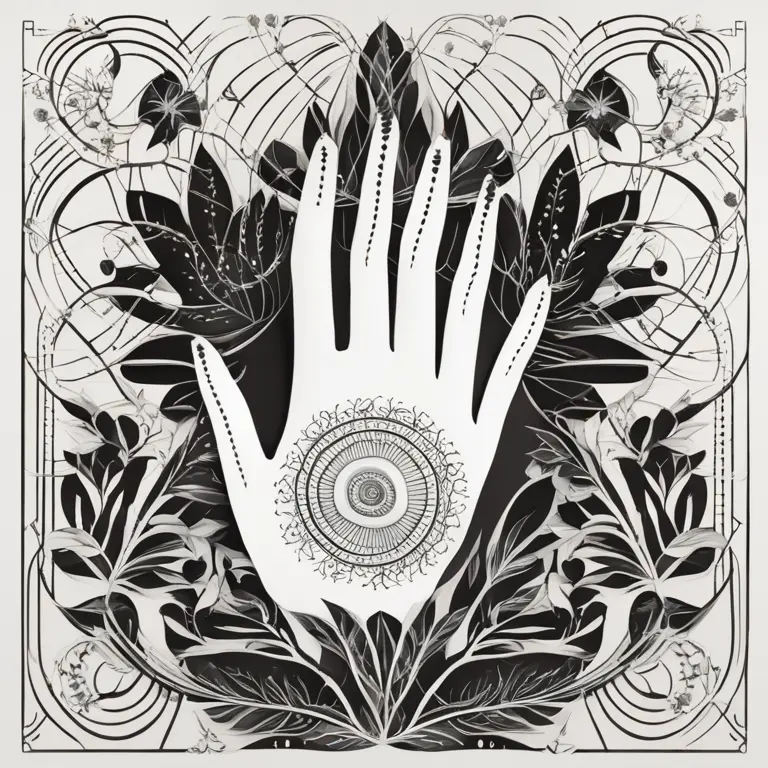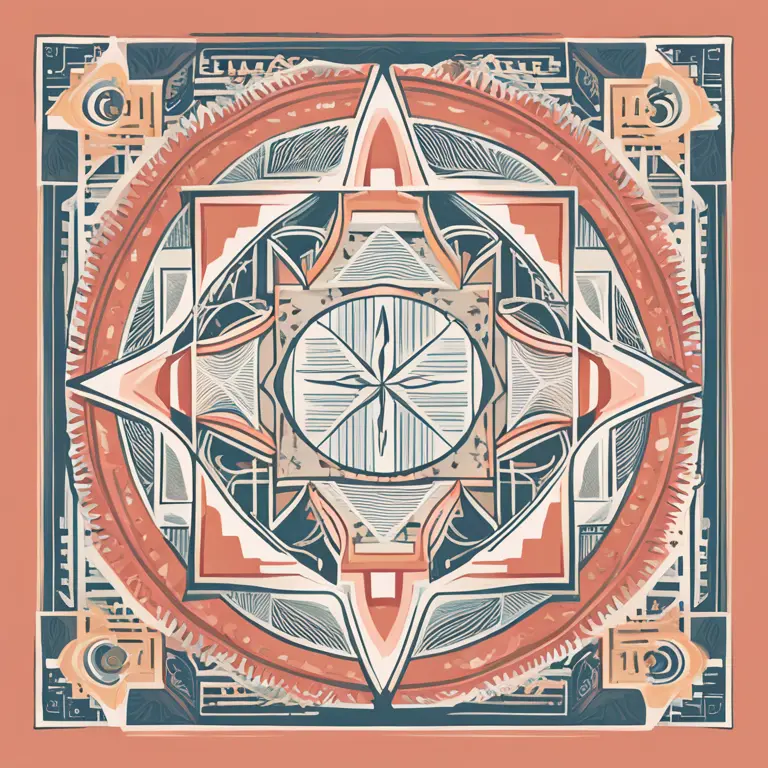
Exploring Palmistry: A Guide to Female Hand Reading
Delve into the realm of palmistry with our insightful guide tailored for women, exploring the mysteries of lines, mounts, and shapes of the hands.
article by Nora Pennington
The Essence of Palmistry for Women
In the intricate world of palmistry, every hand tells a unique story, especially for women whose life experiences often reflect in the lines and contours of their palms. Palmistry, or chiromancy, has been practiced for centuries as a way to glean insights into an individual's character, life path, and potential future. Rooted in various cultural traditions, this ancient practice endures in modern times, adapting to new perspectives and understandings of gender roles and individuality that extend well beyond the year 2024.

Understanding the Dominant Hand
The dominant hand, typically the one used for writing, is generally considered the "active" hand in palmistry. It reflects the life you are actively creating, showcasing personal achievements, experiences, and lessons learned. For females, the dominant hand can reveal pursuits—a career ascension, creative ventures, or other milestones. Contrarily, the non-dominant hand can indicate potential and traits that are innate or underdeveloped.

Lines of Life, Heart, and Mind
Palmistry primarily focuses on three major lines: the life line, heart line, and head line. The life line denotes vitality and life changes. In women, a strong life line might suggest resilience and energy, whereas a faint line might encourage the pursuit of wellness and balance. The heart line, on the other hand, is indicative of emotional intelligence and relational dynamics. For females, a deep, clear heart line might reflect a nurturing and strong loving nature. The head line represents intellect and knowledge; a straight line might imply practicality, while a curved line could signify creativity.

The Significance of Mounts and Fingers
The mounts of the palm, named after celestial bodies like Venus, Mars, and the Moon, add another layer of insight. The Mount of Venus, typically more pronounced in women's palms, relates to love, beauty, and sensuality. Feminine energy is often associated with its prominence and development. The fingers, too, carry meaning—the index finger connected to Jupiter stands for ambition and leadership, while the ring finger, linked to Apollo, represents creativity and self-expression.

Decoding the Shape of the Hand
Hand shapes are segmented into elemental categories: earth, water, air, and fire. An earth hand, with its broad square palm and fingers, might signal a person grounded in reality and practicality. Water hands, with long palms and fingers, could indicate sensitivity and intuition—a trait commonly emphasized as feminine. Air hands suggest intellectualism and communication, while fire hands, with their square or rectangular palms, might denote confidence and leadership.
The Modern Approach to Palmistry
As we evolve further into the 21st century, the practice of palmistry also integrates modern psychological concepts, creating a more nuanced and empowering tool for self-discovery. This is especially relevant for females who navigate the complexities of modern life. By combining traditional practices with contemporary understanding, hand reading becomes a personalized and introspective experience. In this new era, palmistry is no longer about deterministic predictions but about exploring possibilities and potentials.
Published: 1/11/2024
Modified: 1/12/2024
More predictions
Come back here soon to learn more about yourself and your future


Can We Trust Palmistry?
Delving into the realm of palmistry, this article examines its credibility and place in contemporary spiritual practices.


Can Palmistry Foresee One’s Demise?
Delve into the contentious debate about whether palmistry can predict the end of life and the ethical considerations of such a claim.


The Efficacy of Palmistry: Real Insight or Fancy?
Delve into the validity of palmistry as a form of divination. Is there a truth behind the lines on our palms, or is it just a charming fancy?